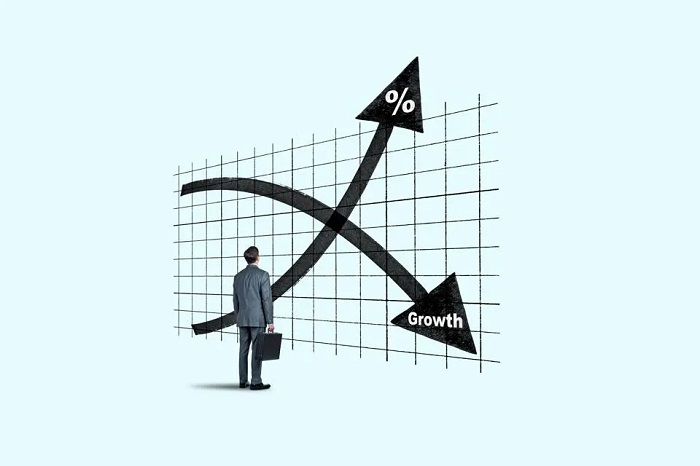
Almost a month after Pakistan’s central bank hoisted the policy rate to a record high of 21 per cent in a bid to stem inflation, the authorities are reporting record high inflation numbers. April 2023 saw year-on-year CPI inflation raging at 36.4 per cent, compared with 35.4 per cent reported the previous month and 13.4 per cent in April 2022. Likely fuelled as much by demand and supply conditions as by profiteering and hoarding in the absence of diligent administrative controls, food inflation is again leading the trend, clocking in at 45.11 per cent and 51.37 per cent respectively as measured in urban and rural areas. This clearly means that the State Bank of Pakistan’s gambit of fighting inflation with high interest rates has failed and the real interest rate remains negative.
The backdrop of these developments is Pakistan’s non-engagement with the IMF over the revival of a stalled bailout programme. This could have been avoided had the government and the Fund quickly agreed on the 9th review of the Extended Fund Facility (EFF) program. That, however, did not happen, and it is not clear why. Finance Minister Ishaq Dar has repeatedly stressed he is determined to successfully close the IMF programme – but if you listen to the Fund staff, he could well be slow-rolling the dealings with the Fund on purpose. The government’s version of the events tells quite another story that speaks of the Fund pushing a political agenda. In any case, the upshot is that our economy is bursting at the seams under the twin pressures of high interest rate and high inflation. Considering this situation accompanies a growth rate of less than one per cent, there is no denying any longer that Pakistan has been gripped by the hairy monster called stagflation.
Prime Minister Shehbaz Sharif and his cabinet colleagues will no doubt try to deflect responsibility for the mess Pakistan is in, shifting blame to former prime minister Imran Khan and his current politico-legal shenanigans. However, while their protestations in this vein will not be altogether unfounded, there is no getting away from the fact that the responsibility to set things right rests squarely with the government. Sadly, however, there are no signs the government has a handle on the situation. If Dar Plan A was counting on the IMF backing to put the economy on an even keel, the window of that opportunity has as good as closed now. With the government and the Fund staff yet to agree on the 9th review, the 10th review has fallen overdue and the 11th and final review of the EFF has arrived. The current fiscal year will be out in less than two months from now, the last of which will be spent drawing up the budget for the next fiscal, even as the Finance Division and the IMF staff still do not see eye-to-eye over budget numbers for the outgoing fiscal. On the other hand, it is equally unfathomable based on available data how Pakistan can continue to keep default at bay. Even worse, formal announcement of a break with the Fund at this stage could well trigger a currency crash. Last but not least, there is no telling when this level of economic hardship may trigger social turmoil and political upheaval. FM Dar better have a Plan B. Or – because there is no sign he does have such a plan – he better cobble together a Plan B to pick up the economy from the bootstraps. Meanwhile, let there be no doubt that our economy is steadily unravelling under stagflationary pressures, with grim repercussions for national security and social stability. (The News)
